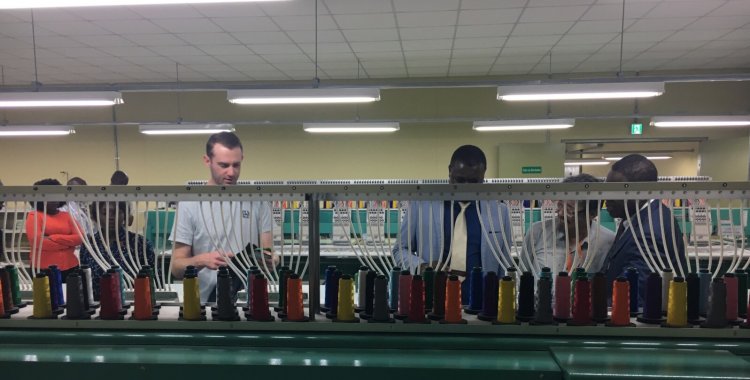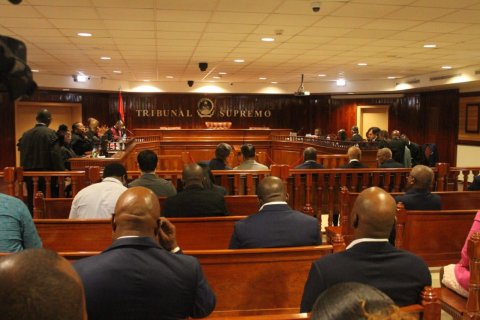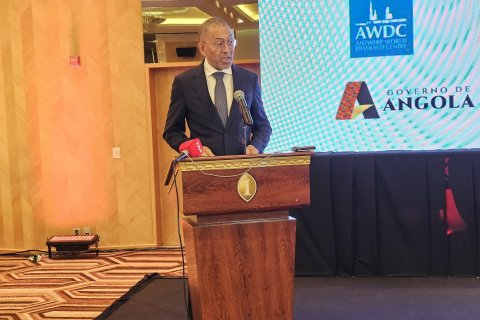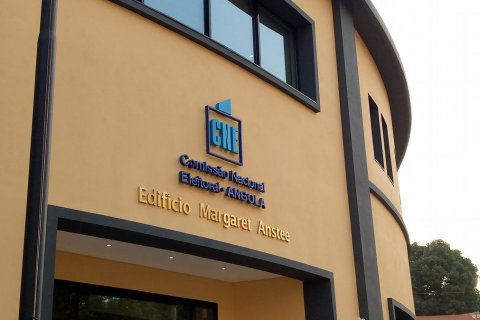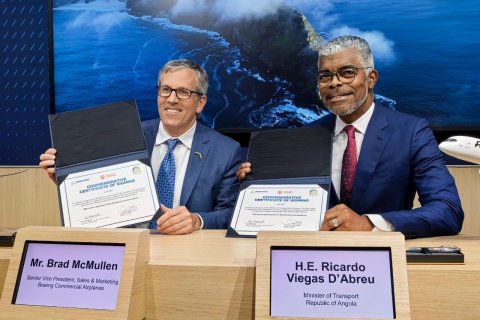The "Strategy for Approaching Assets and Assets Recovered by the State" is contained in Presidential Order No. 48/21 of 19 April, consulted by Lusa.
The strategy comprises six axes, including the framework, an overview of the recovered assets, a strategy to approach the recovered assets and others.
Ensuring "prudent, rational and diligent management" of the assets and assets recovered in the context of the fight against corruption and "preventing the loss of the respective values" are some of the objectives of this strategy.
According to the presidential order, the strategy applies to companies, shares and bonds, movable property, real estate and current assets, and "excludes" bank deposits or equivalent recovered in connection with criminal proceedings and civil proceedings.
For the authorities, the determination of a "clear strategy, as well as the careful management of assets, is essential to ensure the preservation of the economic value of the recovered assets under penalty of the costs / losses exceeding their income".
The need for a quick return to the private sphere, through reprivatisation or liquidation, of business assets transferred to the State sphere, within the scope of the recovery process of assets created with public funds, is one of the components of the "destination and approach to business assets ", depending on their economic viability.
Feasible companies will be destined to be included in the Privatization Program (ProPriv) in progress, through a presidential decree that updates that program, "defining a schedule of actions, aiming at the disposal of recovered assets in the shortest time" .
In this context, and considering the Offer on the Stock Exchange as the privatization procedure to be adopted for the most profitable companies, one should consider the possibility of the State retaining a stake in the said companies, referred to in the order.
A survey of the management structure of these companies will be carried out with a view to monitoring and immediately appointing representatives of the state, if deemed necessary to safeguard the public interest.
The State Assets and Participations Management Institute (IGAPE) is assigned the task of exercising the rights of the State as a shareholder in the public business sector.
For "unprofitable recovered companies without economic viability", the strategy determines the acceleration of legal procedures for the effective transfer of ownership to the State.
Promoting its capitalization with the available monetary means, liquidating the company and disposing of the respective assets, allowing for financial cash flow resulting from the process, are also measures for non-profitable recovered companies.
In this process, the electronic auction model or public tender will be privileged to ensure greater transparency and maximize the revenue collection potential for the Treasury.
The executive considers that the recovery of illegally constituted assets should be seen, essentially, as an important law enforcement instrument aimed at achieving, in general, social justice and accountability.
The Government also defends that business assets transferred to the State sphere, as part of the process of recovering assets constituted with public funds, should be "quickly returned to the private sphere, through reprivatisation or liquidation".
The strategy, in its overview of recovered assets, considers that the process must be based on legality, continuity, the role of the State as regulator of the economy, the satisfaction of collective needs and the fair distribution of national wealth, the economy and transparency.
The asset recovery process, management and eventual disposal "should be as open and transparent as possible" highlights the premise on transparency.
In the approach to real estate assets recovered in the country, the strategy recommends, among other actions, a survey with ministerial bodies that do not have their own headquarters or that are on a lease basis "so that they can benefit from some of the assets".
Regarding the destination and approach for assets that are located abroad, the Angolan authorities consider that it contemplates different reflections, since the legal processes for this purpose "imply international legal cooperation and more complex and lengthy procedures".
At least 50 percent of the recovered current assets "must accrue to public institutions", such as the national police, public hospitals, provincial governments, municipal administrations and others, defines the strategy.

